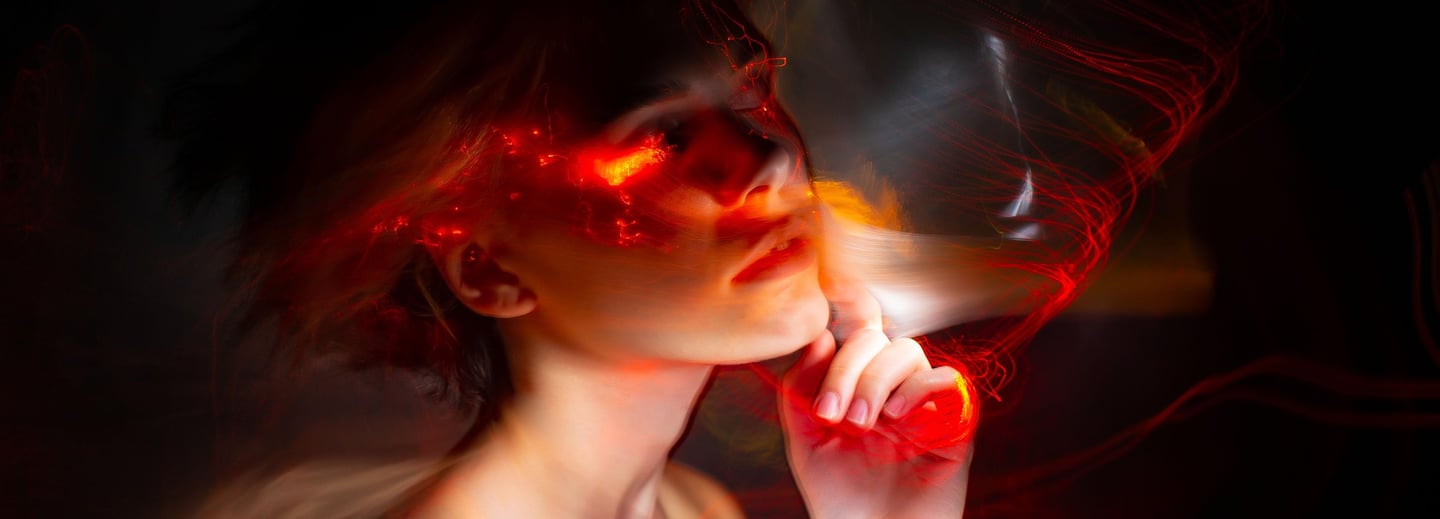Unfiltered Thoughts, Deep Explorations
"The Goat Speaks: Rick Rubin's 'The Creative Act' the way of being"
Consider detaching from the story of your life as it's happening. The manuscript of the novel you've worked on for years is lost in a fire. Your romantic relationship breaks up when you thought it was going well. You lose a job you care about. As hard as it may seem, seek to experience events like these as if you're watching a movie.
LIFE
4/6/20234 min read
Rick Rubin, the legendary music producer known as "the Goat" (Greatest of All Time), recently appeared on Rich Roll's podcast. Roll is one of the most renowned podcasters in the industry, and Rubin's appearance was highly anticipated by fans of both.
Rubin's extensive work with famous artists like Jay-Z, Kanye West, and Adele has made him a household name in the music world, but if you're not familiar with him yet, his detailed Wikipedia biography is a great place to start.
During the interview, Roll and Rubin discussed Rubin's latest book, "The Creative Act: A Way of Being." I was so fascinated by their conversation that I purchased the audiobook, expertly narrated by Rubin himself.
As an engineer with little experience in art or creativity, I was surprised to find myself deeply connected to the book's message. I'm currently on my second read, with certain parts being repeated three or four times.
What drew me to the book was my own project involving podcasting and blogging. I felt like I was taking a masterclass, learning from someone who had already faced various challenges.
The book answered many of my questions, validated my decisions, and guided me through the process, even showing me what to expect at each stage of my journey. One of the book's most fascinating insights was discovering that the rules of engineering and physics differ greatly from those governing art. Despite its seeming obviousness, this realization was truly eye-opening for me.
In the midst of the book lies a section that caught my attention - "Connected Detachment (Possibility)." I found the insights shared by Rubin in this chapter to be both intriguing and practical, and I am excited to share part of it with you.


what you would read in this article :
The article discusses the book "The Creative Act: A Way of Being" by Rick Rubin, and how it could impact our life.
Rubin is known as "the Goat" (Greatest of All Time) in the music industry and has worked with famous artists like Jay-Z, Kanye West, and Adele.
Rubin's book offers valuable insights into the creative process and the journey of life, and provides practical tips on how to approach creative projects.
The section called "Connected Detachment (Possibility)" in the book suggests that we detach ourselves from the story of our lives as it's happening and view it like watching a movie where the main character encounters difficult obstacles.


Connected Detachment (Possibility)
Consider detaching from the story of your life as it's happening. The manuscript of the novel you've worked on for years is lost in a fire. Your romantic relationship breaks up when you thought it was going well. You lose a job you care about. As hard as it may seem, seek to experience events like these as if you're watching a movie. You're observing a dramatic scene where the protagonist faces a seemingly insurmountable challenge. It's you, but it's not you.
Instead of sinking into the pain of heartbreak or the stress of being laid off or the grief of loss, if practicing detachment the response might be: I wasn't expecting that plot twist. I wonder what's going to happen to our hero next. The outcome is not the outcome. The darkness is not an endpoint, nor is the daylight. They live in a continually unfolding, mutually dependent cycle. Neither is bad or good. They simply exist."
Rick Rubin
Rubin suggests that we learn to detach ourselves from the story of our lives as it unfolds. He likens this to watching a movie, where the main character encounters numerous obstacles and challenges. Rather than being consumed by the pain of heartbreak or stress caused by job loss or grief, Rubin urges us to view these events as mere observations.
By stepping back and viewing our lives as an outsider, we allow ourselves to detach from the immediate emotions and reactions we may experience. This allows us to see that the outcome is not always the endpoint and that both darkness and daylight are essential parts of our journey. We must learn to accept both good and bad experiences as part of our life's journey, knowing that they are necessary for shaping who we are and who we become.
The concept of "Connected Detachment (Possibility)" is a powerful one, and it can be challenging to practice in our fast-paced and often stressful world. However, Rubin's teachings encourage us to take a step back and view life's challenges from a different perspective. By seeing our lives as a dramatic movie and our struggles as challenges faced by the hero, we can find a sense of peace in the journey.
Rubin's insights on "Connected Detachment (Possibility)" provide a fresh and innovative way of looking at life's challenges, and I highly recommend delving deeper into this topic by reading his book. By implementing the teachings in our daily lives, we can learn to accept the ups and downs of life with grace and resilience
So next time you're facing a difficult situation, try to step back and view it from a different perspective. Who knows, it might just change your outlook on life.
Furthermore, each section of the book deserves a separate discussion and article, and I hope to explore these topics in-depth in the future. I strongly recommend reading or listening to "The Creative Act: A Way of Being" to fully grasp the depth and complexity of Rubin's message. It has the potential to transform your perspective on creativity, success, and life itself.
Finally, I'd like to share that I'm planning a project centred around Rubin's book, which I will share with you once it's ready. Please subscribe to my social media channels or follow me on Twitter to find out more about this project.

